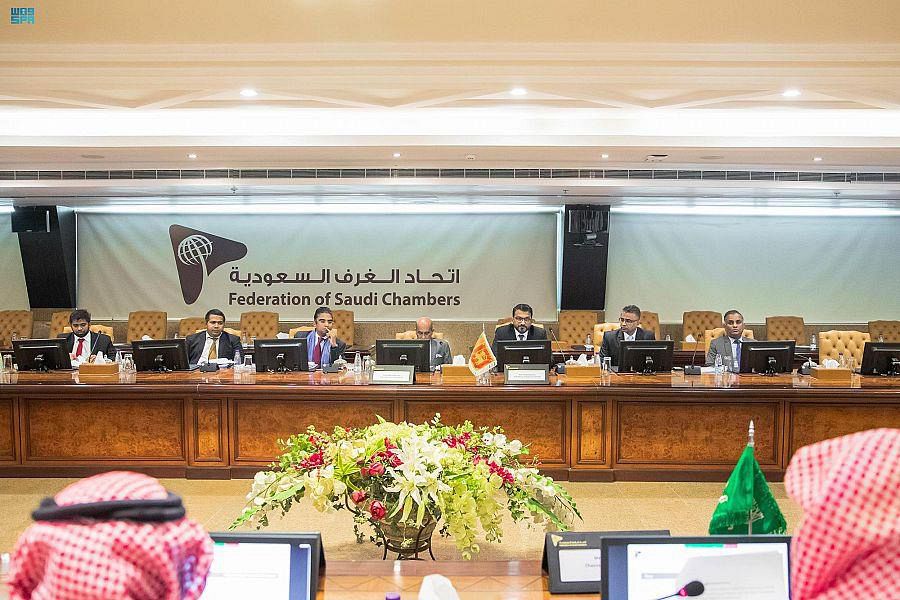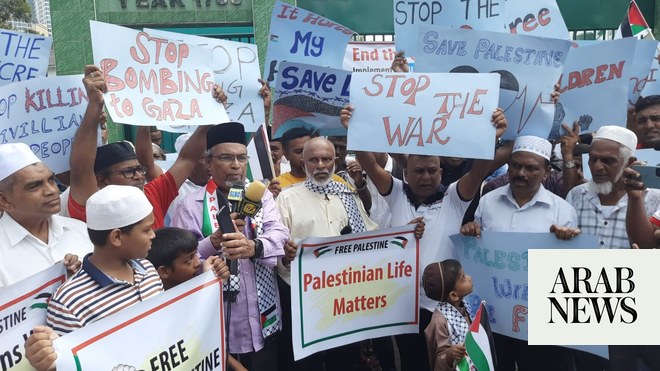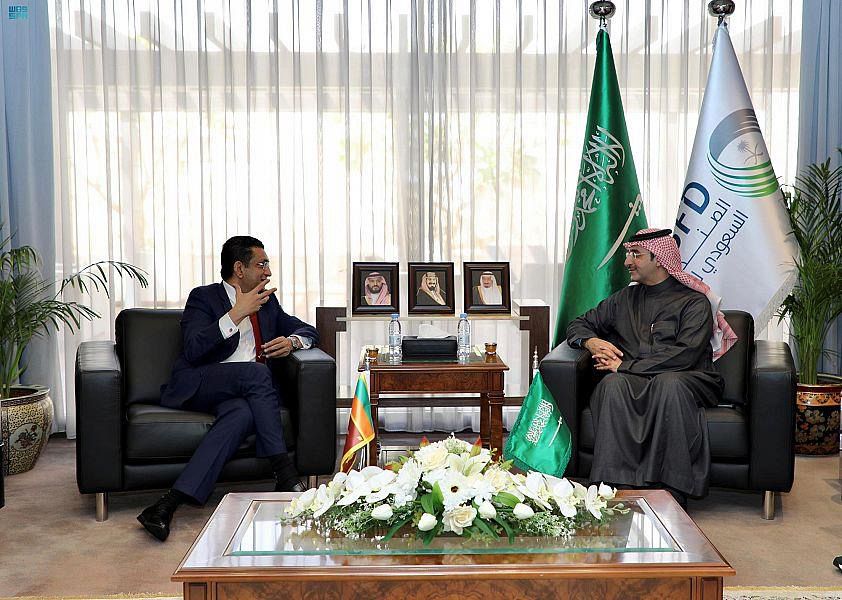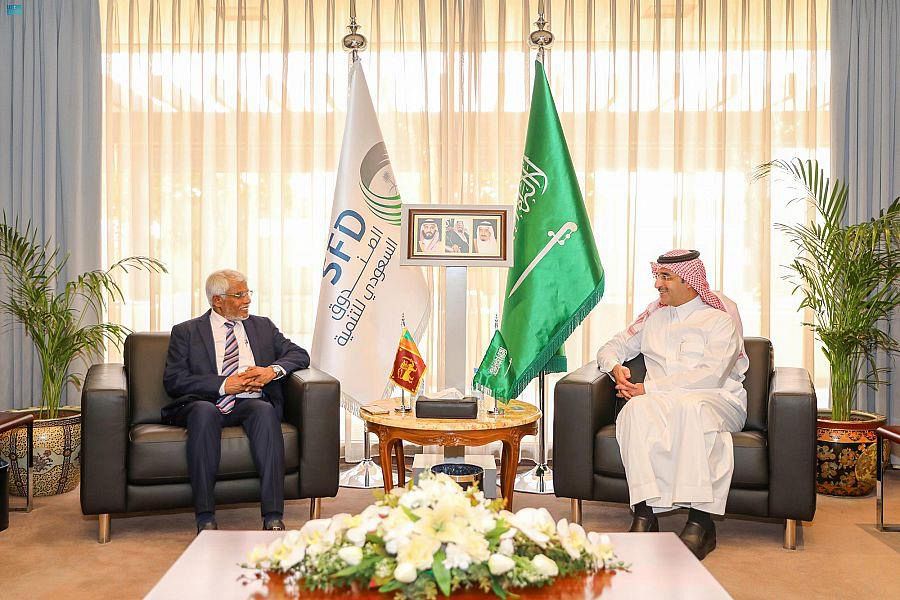
Arrested Egyptian national living in Sri Lanka illegally for four years, police say
Eight countries promise help to combat terror, says leader
COLOMBO: An Egyptian man arrested north of the Sri Lankan capital Colombo on Wednesday is alleged to have trained suicide bombers who carried out the Easter Sunday attacks on the island, investigators said.
The 44-year-old Egyptian national was arrested in Madampe, a coastal town 40 km north of Colombo, following a tip-off.
Ruwan Gunasekera, a Colombo police spokesman, said that the man had been living illegally on the island without a passport or valid visa for more than four years.
Police are investigating whether the suspect trained the suicide bombers responsible for a wave of attacks on hotels and churches on the island that left more than 350 people dead and hundreds injured.
Eight of the nine suicide bombers have been identified by police, the spokesman said.
The names of the attackers were withheld because of security concerns. However, Arab News learned that among the nine were Mohammed Insaf and Mohammed Azaam Mohammed Mubarak, who struck the Shangri La Hotel.
State Minister of Defense Ruwan Wijewardene said that most of the suicide bombers were well educated and hailed from upper middle-class families. One of the bombers had studied in the UK and did his doctorate in Australia, he added.
Ministry of Foreign Affairs spokesman Niluka Kudirgamuwa told Arab News on Wednesday that the bodies of 13 of the 36 foreigners killed in the bomb blasts have been repatriated. Fourteen foreign tourists are still missing.
Sri Lankan President Maithripala Sirisena told foreign ambassadors on Tuesday that eight countries, including the US and Germany, have pledged technological and intelligence assistance to combat terror on the island.
He appealed to other countries to cooperate “in this fight against the menace of terrorism.”
The Sri Lankan leader said that law enforcement agencies had acted swiftly to identify and arrest those responsible for acts of terrorism.
Envoys who offered help included representatives of the UN and EU, and ambassadors of Germany, the US, Denmark, Norway and Pakistan.
Sirisena said that intelligence gained during the 30-year civil war on the island will be used in the fight against terrorism following the introduction of emergency powers.
A block on social media will be lifted by Thursday, he said.
Meanwhile, Archbishop Cardinal Malcolm Ranjith told Muslim foreign ambassadors and high commissioners who visited him to offer their condolences on Wednesday, that Muslims have successfully coexisted with other communities in the island for centuries.
Turkish Ambassador Tunca Ozcuhadar said the attack is neither communal nor political but was carried out by a group of misled youths who may have had some links with some extremist groups.












